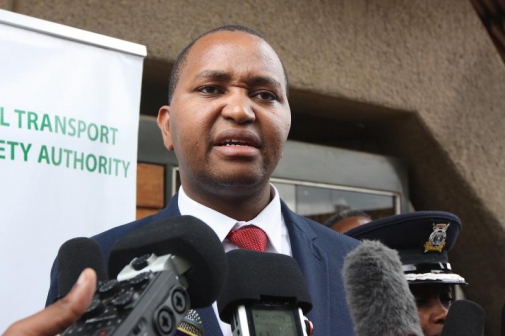×
The Standard e-Paper
Stay Informed, Even Offline

Taxpayers will have to cough up more cash for land in the second phase of the Standard Gauge Railway (SGR) project.
This comes even as the Government and environmental lobby groups seek alternative routes for the second phase of the multi-billion-dollar railway line through the Nairobi National Park to Naivasha.